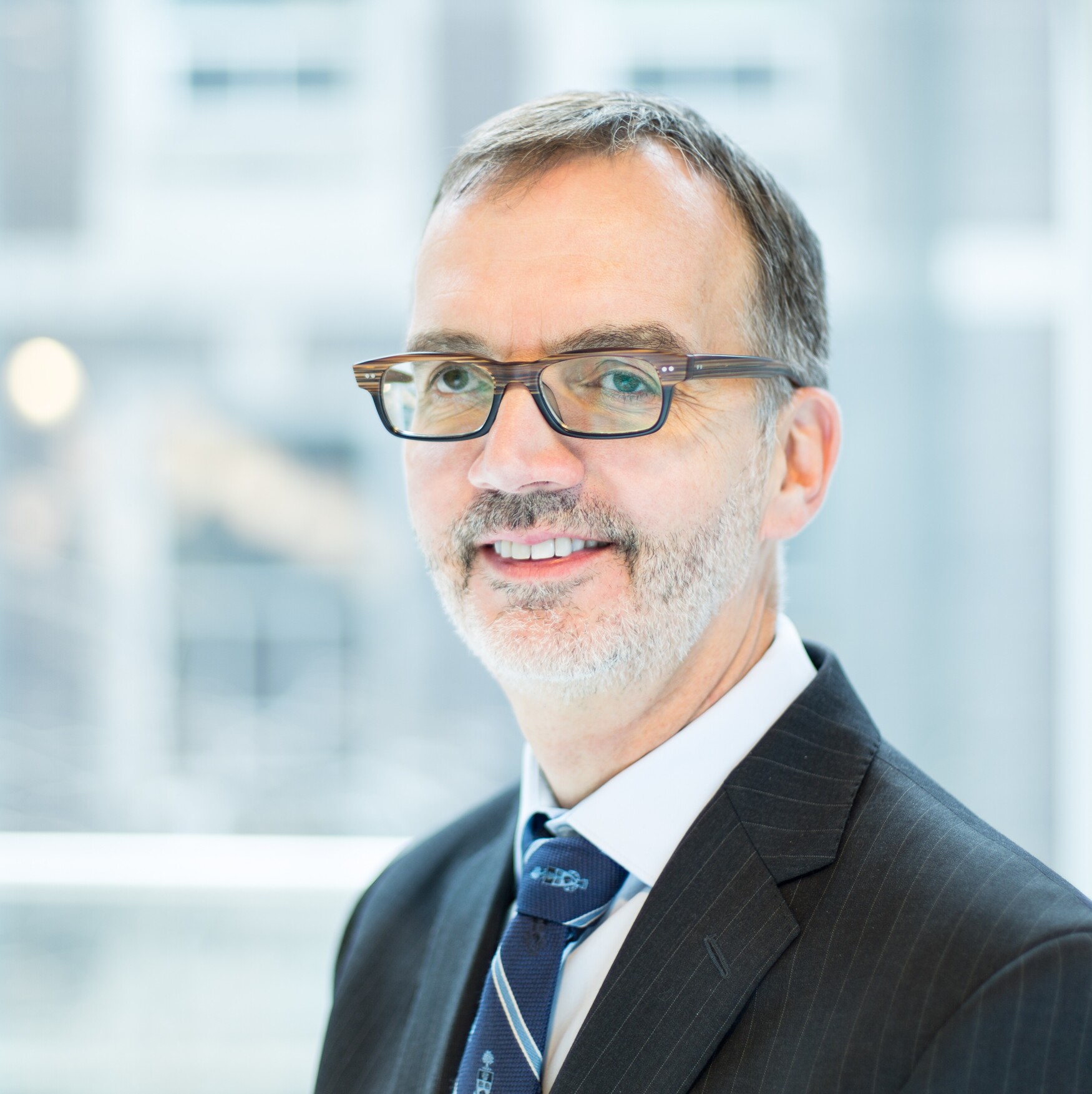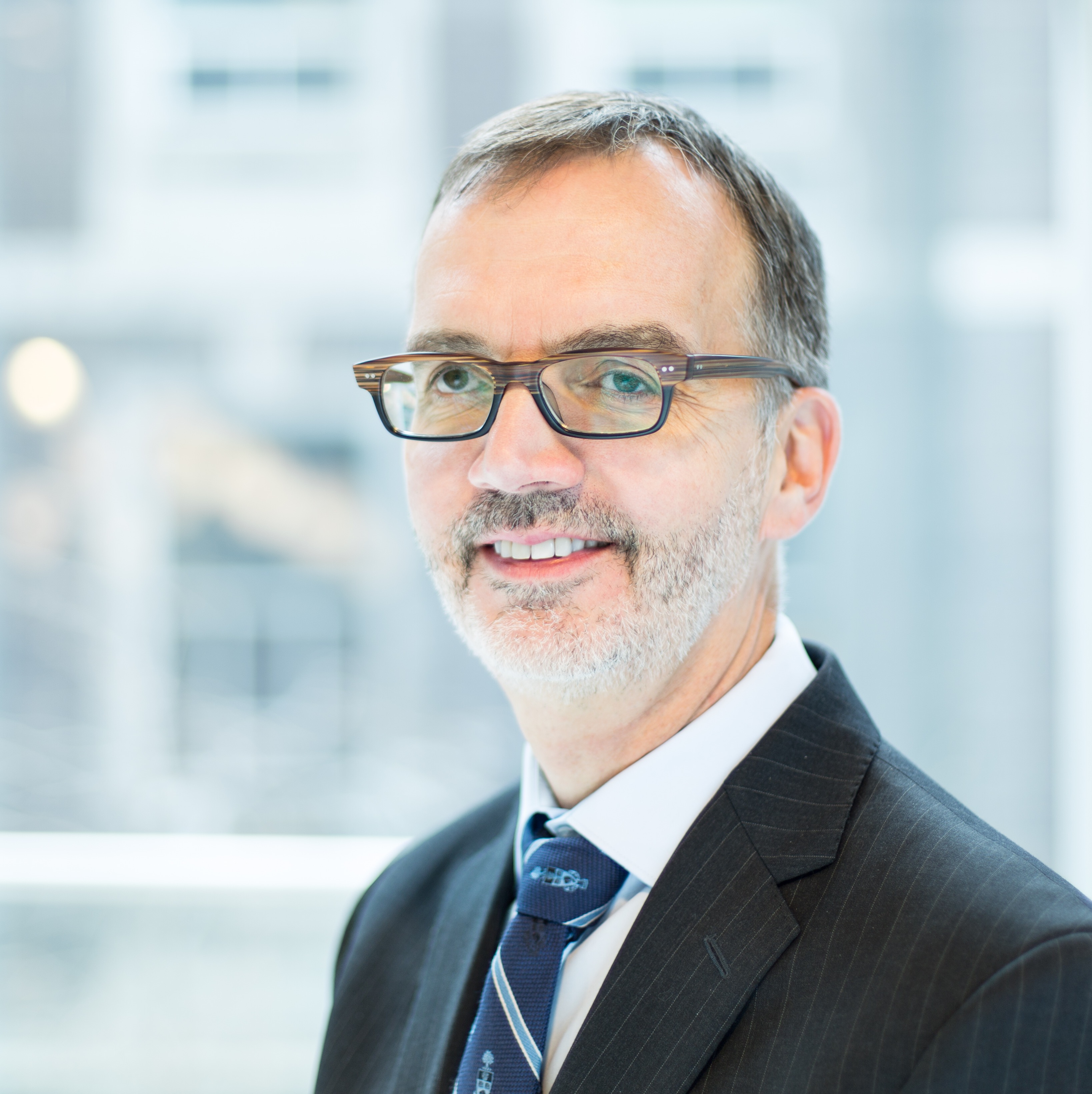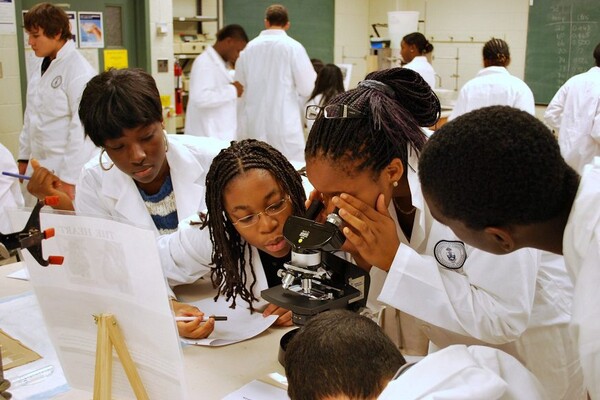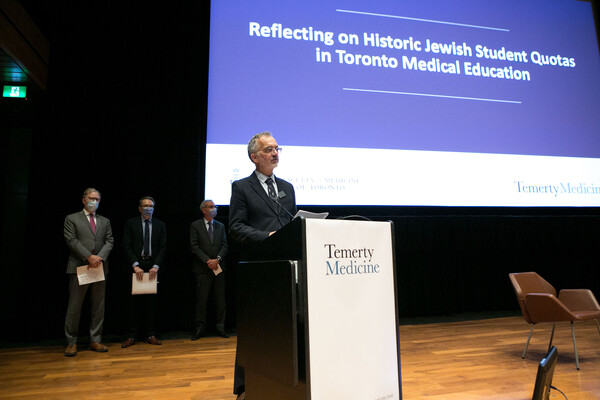Mobile Menu
- Education
- Research
-
Students
- High School Outreach
- Undergraduate & Beyond: Community of Support
- Current Students
- Faculty & Staff
- Alumni
- News & Events
- Giving
- About

 When I finally finished my residency and PhD and was starting up my research lab, I was applying to grant after grant and starting to feel discouraged. I had big ideas — but was making lots of small applications.
When I finally finished my residency and PhD and was starting up my research lab, I was applying to grant after grant and starting to feel discouraged. I had big ideas — but was making lots of small applications.
Then one day, the day after submitting a grant to a private foundation, I got a phone call from a head of the foundation. He had read my proposal and called to say that my work was very interesting and that my plans seemed to have lots of potential. Then he paused and said: “But I don’t think you’re asking for enough.”
I was taken aback. I didn’t know how to respond at first. But then very quickly, I did. He was giving me permission to think big and really challenge myself. That foundation ended up supporting me for an extended period of time, and in many ways, catalyzing my research career in bipolar disorder.
I recounted this story last week at the second annual UofTMed Student Showcase, where the power of thinking big was front and centre.
It was an energizing, interactive evening — connecting our dedicated donors with some of our outstanding students, trainees and fellows. More than 50 guests had the opportunity to roll up their sleeves and try their hand at 15 stations, spanning a spectacular range of projects — from stenting an aneurysm to 3D printing a finger cast and experiencing a virtual reality series designed to help older adults with cognitive impairments and dementia.
The students’ drive and energy were undeniable. To a person, each was able to articulate the overarching goals and vision for their work. They didn’t just have big ideas — but also prototypes, plans and early evidence of impact. They drove home how the right support and guidance can help advance lofty ideas into real solutions.
As one example, second-year medical student Corey Sermer presented lab-grown cartilage lining a porous bone substitute that could potentially replace metal and plastic in joint replacement surgery. Attendees selected his project as the most interesting and innovative.
Also at the event, one of our MD graduates, Brad Weston, spoke about the impact donor support has had on his education and his life — enabling him to focus on his studies, while raising a young family. As he heads back to his home province of Alberta for a residency in family medicine, Weston was generous in his thanks for the inaugural Dean Hamilton Bursary.
For me, these students highlighted how “thinking big” looks different for different people: it can mean developing new treatments or technologies, or pursuing a deeper understanding of a complex area of medicine — or even imagining a career in health care, despite financial pressures or other disadvantages.
Our donors play a crucial role in enhancing access to medical education for those who may have limited economic means, but are driven by big ideas. In a field accustomed to incremental advances, it is inspiring to see so much big thinking in action across the Faculty — and so many supporters encouraging us to bring those ideas to life.
Trevor Young
Dean, Faculty of Medicine
Vice Provost, Relations with Health Care Institutions


